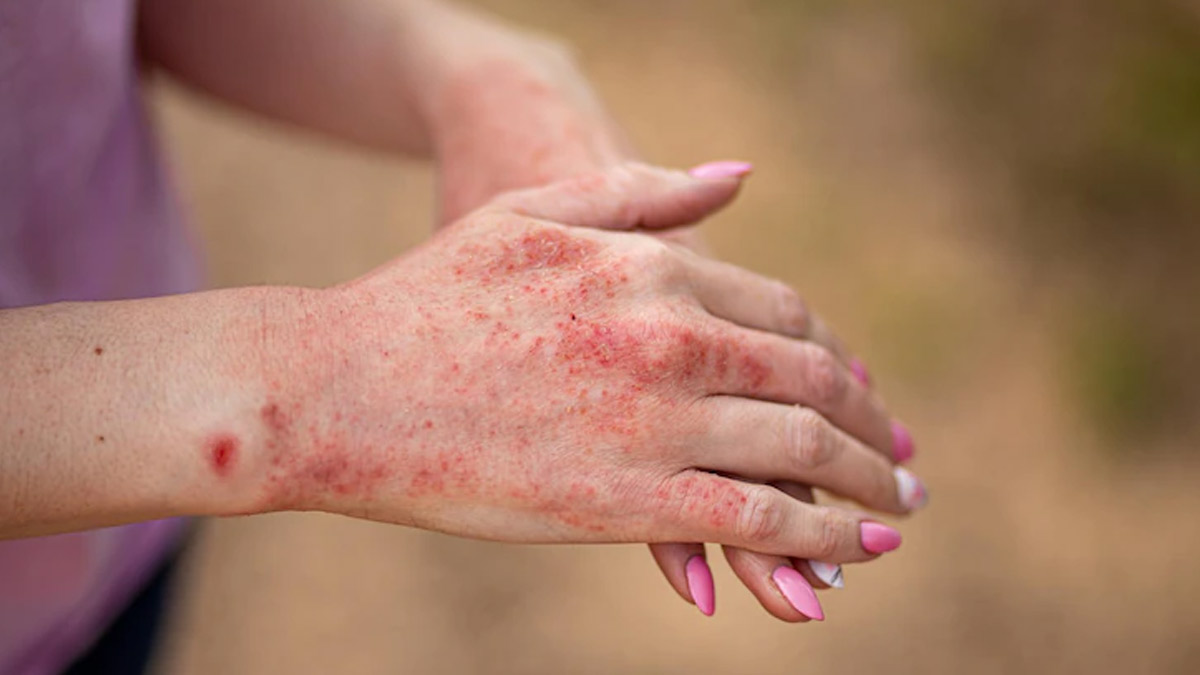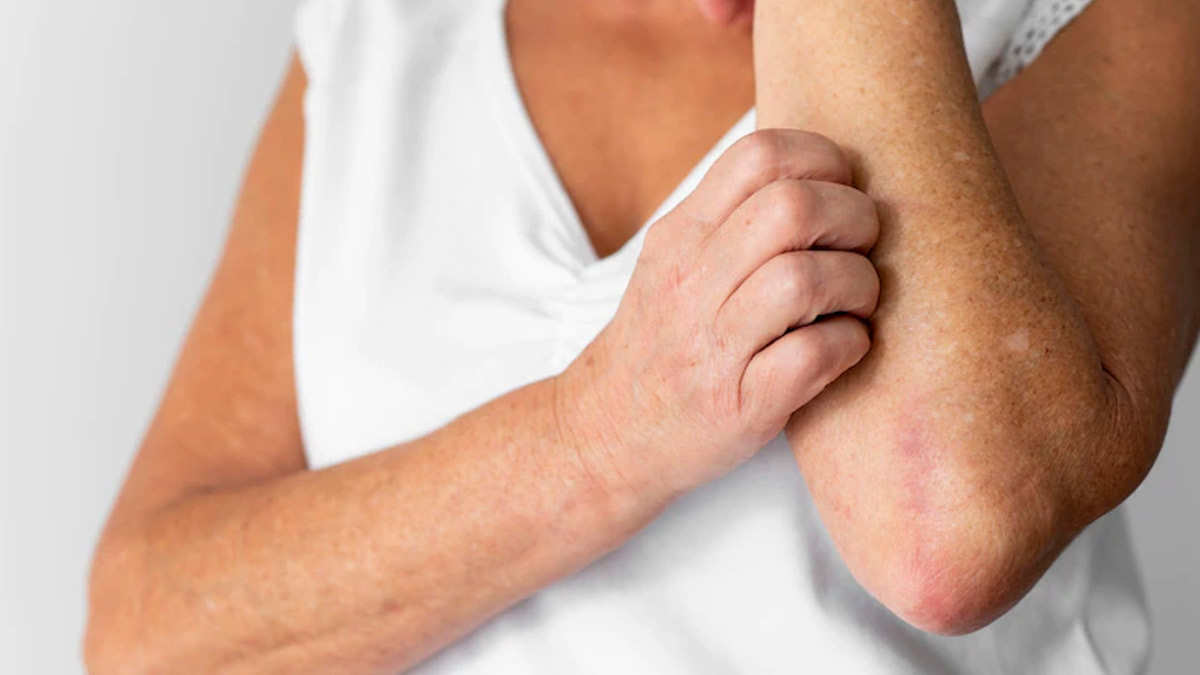
In the fast-paced rhythm of modern life, stress is an inevitable companion. Beyond the commonly known physical manifestations of stress, such as a racing heart or sleepless nights, its impact can extend to our skin, revealing a complex relationship between our mental well-being and skin health.
Table of Content:-
For some individuals, stress becomes more than a mental burden; it materialises on their skin in the form of conditions like hives and persistent itching. The connection between stress and skin reactions is a fascinating yet intricate interplay that underscores the intricate link between mind and body.
The Stress-Skin Connection
The human body responds to stress through various mechanisms, including the release of stress hormones like cortisol. While these hormones are essential for the body's fight-or-flight response, prolonged exposure to stress can lead to an imbalance that affects the skin.
1. Hives
Hives, or urticaria, are raised, red welts on the skin that can be intensely itchy. Stress-induced hives are believed to be triggered by the release of histamine in response to stress. This histamine release can cause the small blood vessels under the skin to leak, leading to the characteristic welts and itching.

2. Persistent Itching
Stress has been linked to chronic skin conditions like eczema and psoriasis, where persistent itching is a prevalent symptom. The exact mechanisms are still being explored, but it is thought that stress may exacerbate these conditions by compromising the skin's barrier function and triggering inflammatory responses.
Also Read: Can Acts of Kindness Transform Your Mental Well-being? Find Out Here
3. Emotional Toll
Beyond the physical discomfort, the emotional toll of stress-induced skin reactions can be profound. Dealing with visible symptoms on the skin can contribute to feelings of self-consciousness and heightened stress, creating a feedback loop that perpetuates the skin issues.

4. Managing Stress for Healthy Skin
Understanding the connection between stress and skin reactions highlights the importance of stress management for overall well-being. Incorporating relaxation techniques, regular exercise, and sufficient sleep into one's routine can help mitigate the impact of stress on the skin.
Bottomline
Our skin often mirrors the internal struggles we face, and stress is no exception. By acknowledging the intricate connection between stress and skin reactions, individuals can take proactive steps to manage stress and nurture not only their mental well-being but also the health of their skin.
Also watch this video
How we keep this article up to date:
We work with experts and keep a close eye on the latest in health and wellness. Whenever there is a new research or helpful information, we update our articles with accurate and useful advice.
Current Version